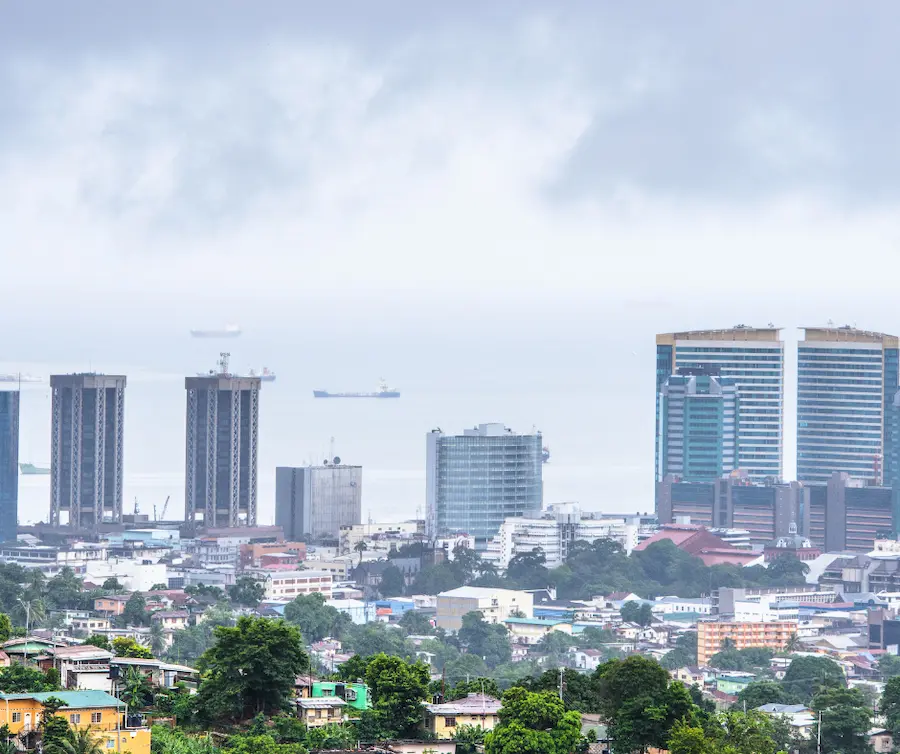

Health Minister Terrence Deyalsingh said the fertility rate in TT has again decreased, going from 1.2 in 2023 to 0.9 in 2022. He said the rate needed to keep renewing the population of a country is 2.1.
Deyalsingh made the announcement at the maternity ward of the Mt Hope Women’s Hospital while speaking to the media after visiting the babies who had been born on Christmas Day.
He said the total fertility rate was the number of births per women aged 15-49 years. He said in 2015, there were 18,261 live births, with a fertility rate of 1.8, while in 2023, there had been 12,768 live births, which gave a fertility rate of 1.2. He said between January and November 2024, there had been 9,794 live births, with a fertility rate of 0.9.
Deyalsingh said he did not want to comment on the figures.
“I’m just sharing the statistics with the media and hopefully you can spark some sort of national discussion. Please do not ask me what the solution is, I am not here to give you solutions, I am just presenting data, facts.”
>
Asked what the problem was with the lowering fertility rate, he said,
“We have gone from a fertility rate of 1.8 to a fertility rate of 0.9. I don’t have the answer. The replacement rate to keep the population steady is 2.1 and year-to-date it is 0.9.”
Deyalsingh was asked if he thought it was a socio-economic issue where people were reluctant to bring children into the world without being able to take care of them. He replied,
“I am not going down that road. I am giving you data, that’s all I’m doing this morning, giving you data as I do every year. The media asked me to share the data, as I always do, so I’m just sharing the data, that’s all I’m doing. I’m sharing the data for the media and national community to be aware.
“I am just presenting data. I am not editorialising, I’m not making any comments, all I am doing is presenting data for the national community. I have nothing more to say”
Deyalsingh congratulated the mothers who had given birth and thanked the healthcare workers for their service.
The Health Minister was asked about claims by the Private Pharmacy Business Retail Association (PPBRA) that there are shortages of some pharmaceutical drugs in TT, including some types of painkillers.
He said, “I am not responsible for shortages in the private sector. I am responsible for the public sector. It is so unfortunate that media runs with these things. I give data to show that all drug applications are current. When others speak, they give absolutely no data. I give data, I give facts.”
On December 23, appearing on the CNC3's The Morning Brew show, PPBRA executive member Steve Lalchan said neither morphine nor Pethidine [a strong opioid pain-relief medicine] were present in the country, as well as Panadeine F [to relieve moderate to severe pain and fever].
>
Deyalsingh was asked if he was concerned about the severe Sahara dust concentration which was present and expected to continue over the next few days. The EMA said the concentration present on December 24 was unhealthy for everyone in the population.
He said the ministry had released a statement on December 24, advising people of the symptoms and giving tips on how to avoid the effects.
“The Sahara dust issue is very important, especially for those suffering from respiratory conditions like asthma, bronchitis, chronic obstructive pulmonary disease (COPD), allergies. They should take all necessary precautions.
Medical doctor Prof Bharat Bassaw said anyone with problems from allergies, nasal congestion, rhinitis, sinusitis, and/or asthma, should be cautious.
“I was saying to someone this morning that a 12-year-old girl in England died from asthma. Both her parents are doctors. It’s quite interesting. Sometimes we think asthma is not so serious, but it is a very serious condition so we need to be careful with the amount of that Sahara dust going around.”
He gave some tips on avoiding the worst effects of the dust.
“Stay indoors, that’s one of the safest ways. If you’re outside, wear your mask as much as possible. Take care of the little children, they are vulnerable.”
Asked what was the state of dengue in the country currently, given the outbreak earlier this year, Deyalsingh said it was not a front-burner issue as it had been in September.
“I think the measures we implemented worked, including getting very serious with those homeowners who were not taking care of their properties. I keep saying this, the main source of the Aedes Aegypti (mosquito) is your households, not dirty mossy drains that some regional corporations were carrying the media to.
>
“Those dirty mossy drains cannot sustain Aedes Aegypti and we lost a whole month in that battle, because two of the corporations in south and one in the east kept carrying the media to dirty, mossy drains, and no matter how I told the country and the media that is not the source, we lost a month. If we were all more responsible, the response could have been better.”
The last dengue update issued by the Health Ministry on November 25 said there were 2,004 laboratory-confirmed cases of dengue fever and 19 laboratory-confirmed deaths.
It said as at November 22, 2024, a total of 1,326 yellow fever notices had been issued to property owners/occupiers, directing them to clean up their surroundings. Of this, 83 property owners/occupiers had been identified for the consideration/institution of legal proceedings for non-compliance.


